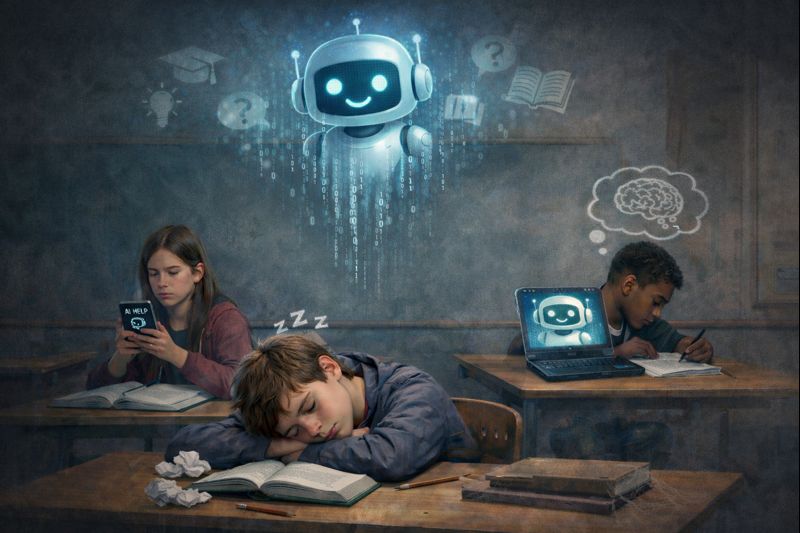Microsoft has launched a joint legal action in the US and the UK to dismantle RedVDS, a subscription service supplying criminals with disposable virtual computers for large-scale fraud. The operation with German authorities and Europol seized key domains and shut down the RedVDS marketplace.
RedVDS enabled sophisticated attacks, including business email compromise and real estate payment diversion schemes. Since March 2025, it has caused about US $40 million in US losses, hitting organisations like H2-Pharma and Gatehouse Dock Condominium Association.
Globally, over 191,000 organisations have been impacted by RedVDS-enabled fraud, often combined with AI-generated emails and multimedia impersonation.
Microsoft emphasises that targeting the infrastructure, rather than individual attackers, is key. International cooperation disrupted servers and payment networks supporting RedVDS and helped identify those responsible.
Users are advised to verify payment requests, use multifactor authentication, and report suspicious activity to reduce risk.
The civil action marks the 35th case by Microsoft’s Digital Crimes Unit, reflecting a sustained commitment to dismantling online fraud networks. As cybercrime evolves, Microsoft and partners aim to block criminals and protect people and organisations globally.
Would you like to learn more about AI, tech and digital diplomacy? If so, ask our Diplo chatbot!










